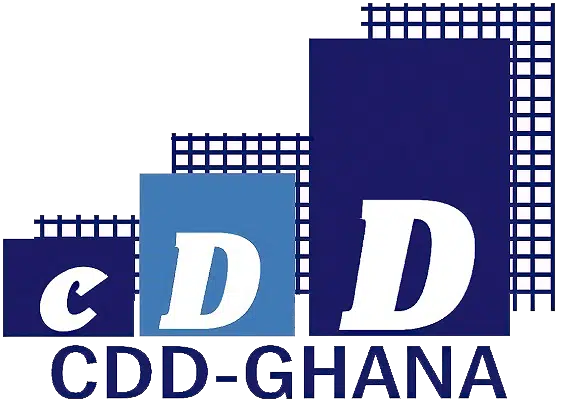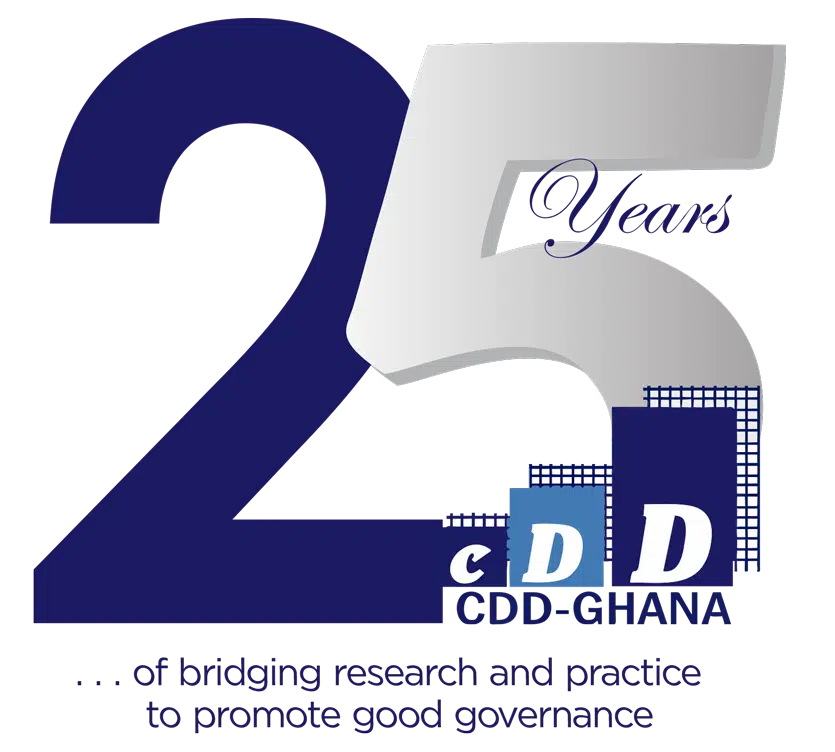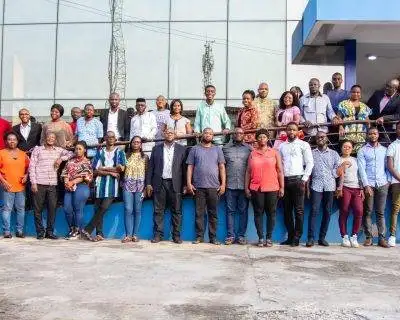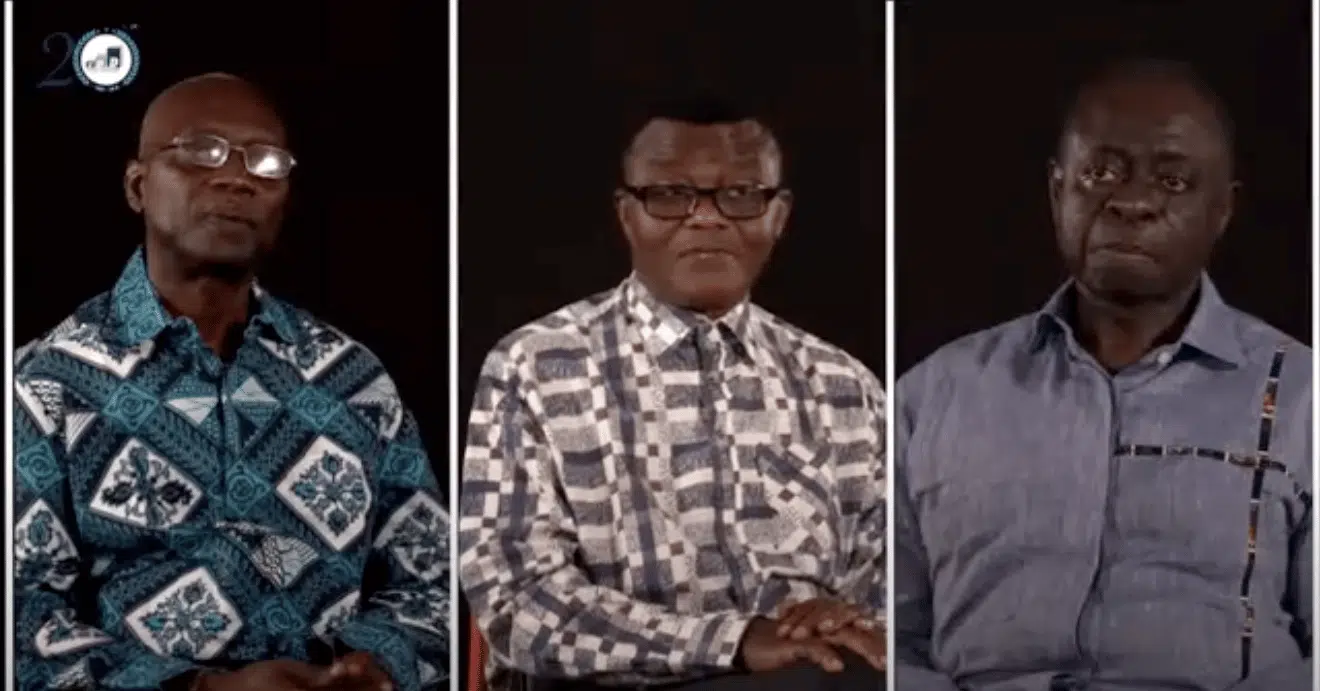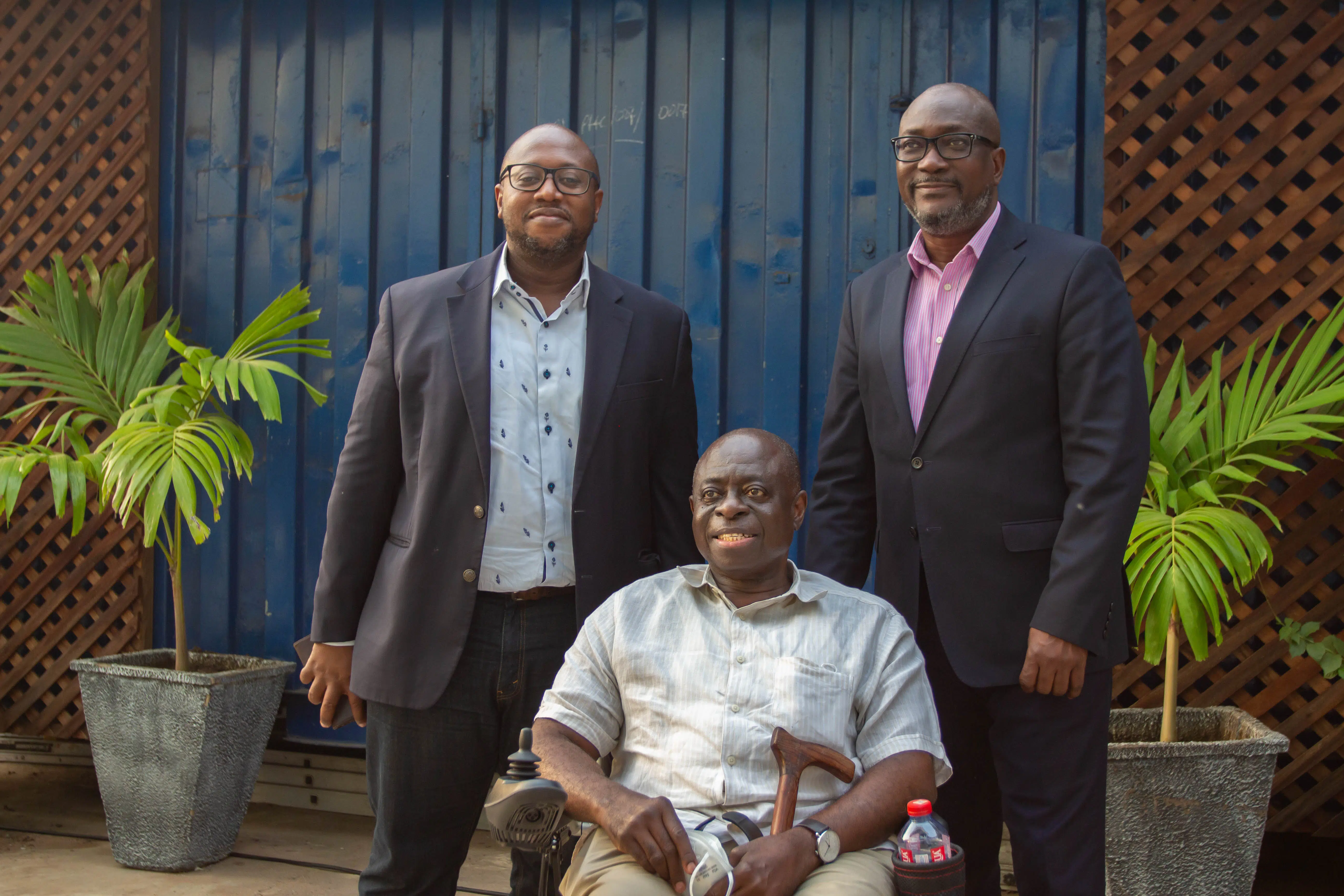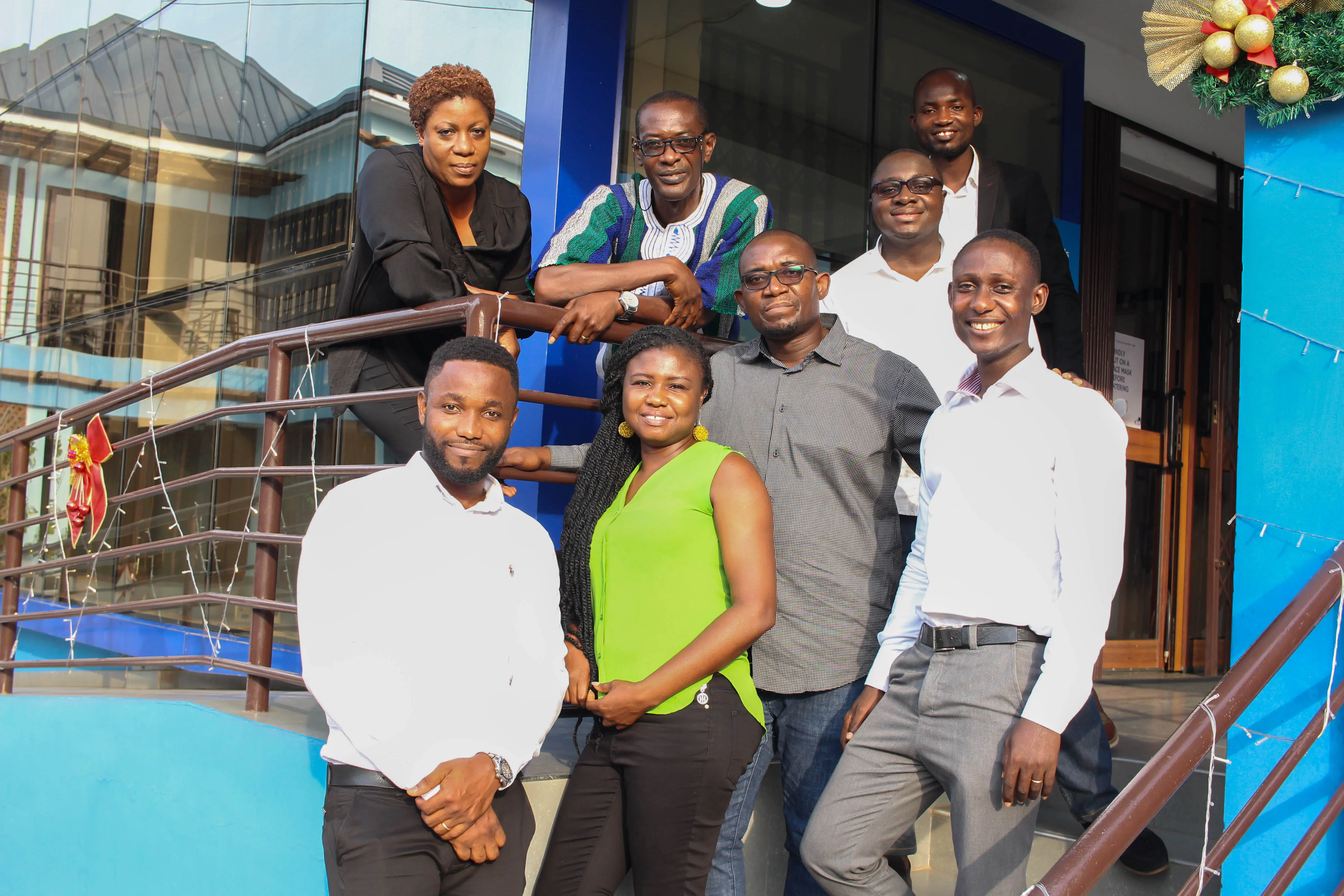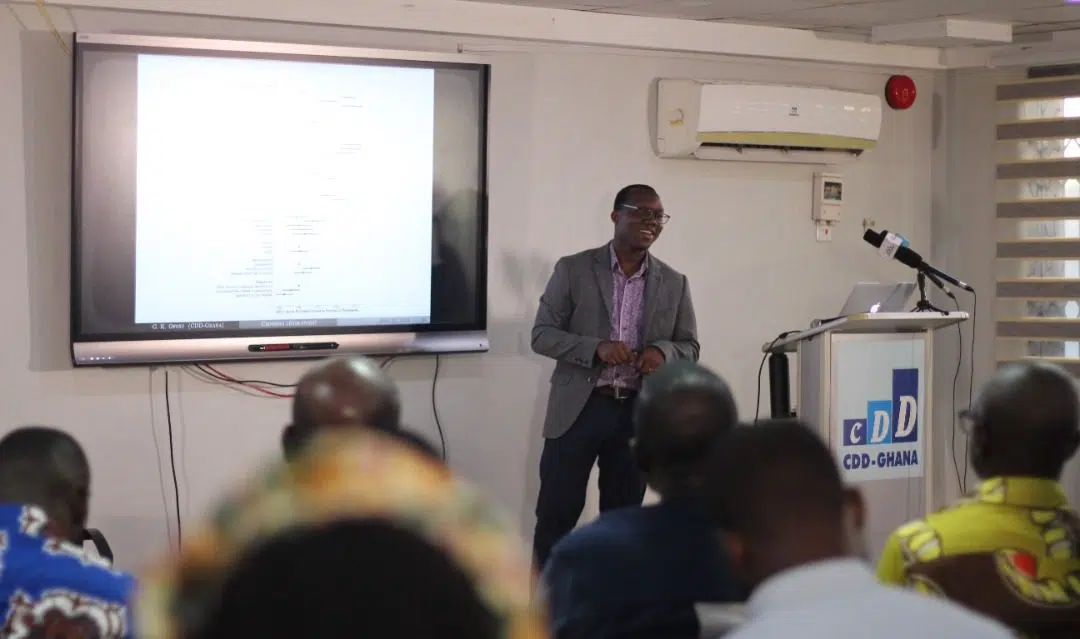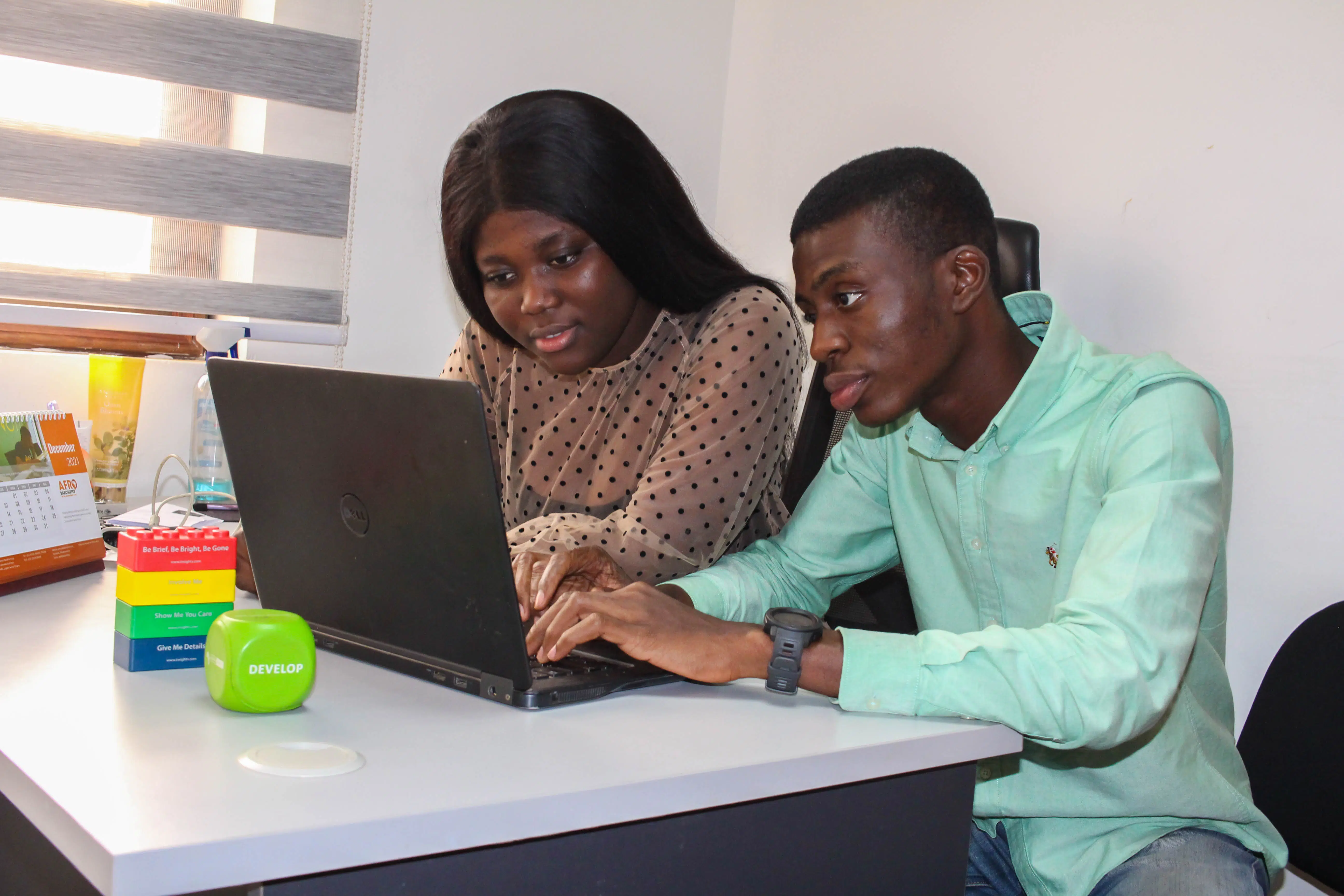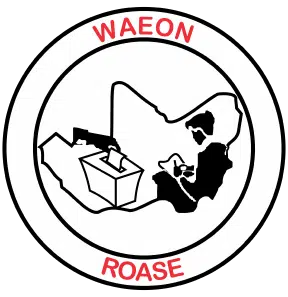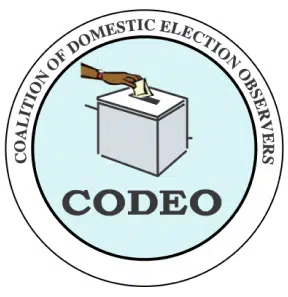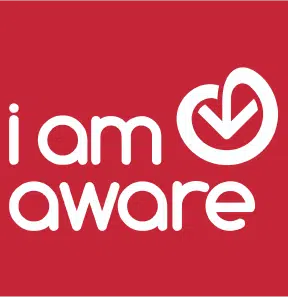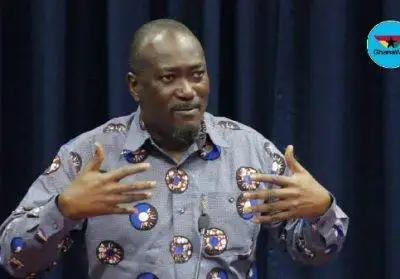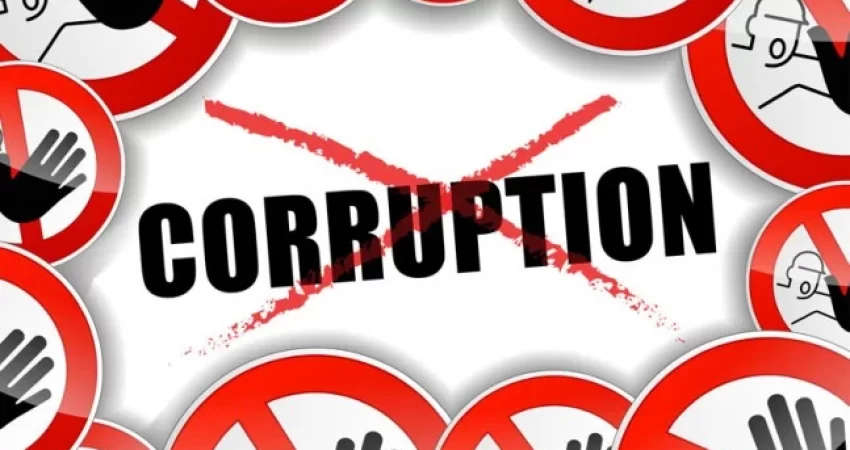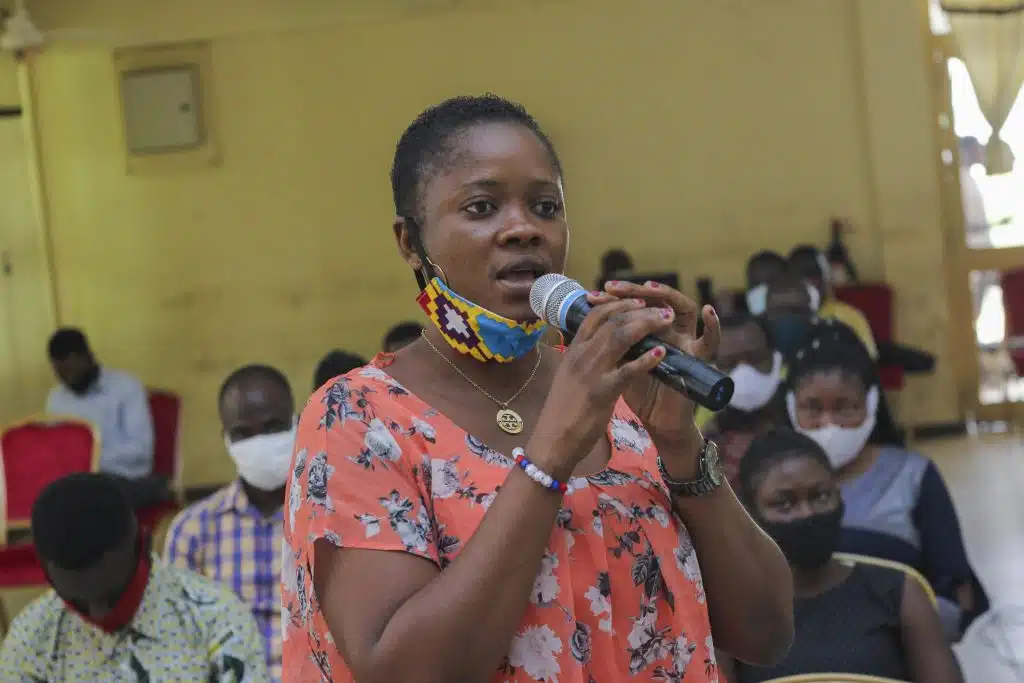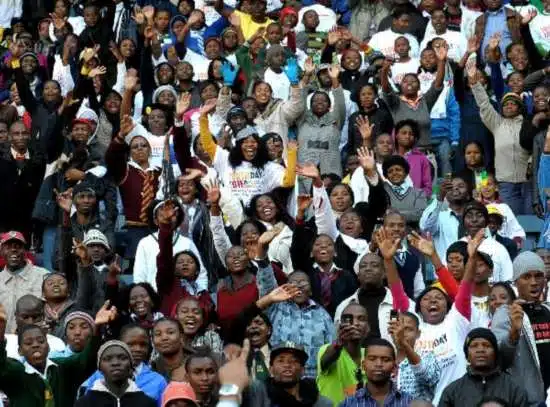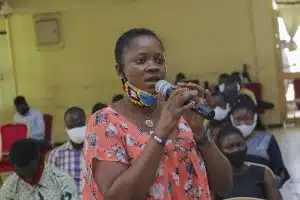How much importance do Ghanaians place on the problem of corruption in government? I recall during the 2020 elections that I made a point based on my observation of patterns in the Afrobarometer survey that, when ranking the most important problems government must address, Ghanaians would tend to rank other problems (unemployment, the economy, education, etc.) higher than they do corruption. The statement was rebutted as some felt the implication was that Ghanaians do not care about corruption. That implication is far from the truth. Ghanaians I believe care about corruption, but the trajectory has been interesting to observe when identifying it as an important problem government must address. Why do I say so?
Corruption As An Important Problem – The First Four Rounds
Beginning in 2002, Afrobarometer asked the following question – “In your opinion, what are the most important problems facing this country that government should address?” Each respondent could select up to three responses from a list of problems. How many Ghanaians selected corruption as their first response?
Table 1 – Corruption As An Important Problem|Ghana|2002-2012

Corruption as an important problem during the first four iterations of the question saw no more than two percent of Ghanaians classifying it as such. In ranking all the problems in descending order, corruption did not feature among the top ten important problems. One notable change was that corruption moved to the eleventh position among the list of important problems by 2012 with no more than two percent identifying it as an important problem.
Why was this the case? Were the perceptions of corruption low in this period? Did Ghanaians evaluate the fight against corruption completely? Let us look at how much corruption they perceived among three key institutions – the presidency, parliament, and the judiciary when asked how many of the people in the aforementioned institutions are involved in corruption. My focus is on those who answered “none of them” or what I call giving an institution a clean bill of health on corruption. The higher the percentage, the lower the perception of corruption and vice versa. In 2002, eleven percent gave the judiciary a clean bill of health but by 2012 this had fallen to six percent. For the presidency, thirty-nine percent gave it a clean bill of health but by 2012 that number had plummeted to a measly eight percent. For parliament, the question was first asked in 2005 and in that year, seventeen percent gave the institution a clean bill of health which dropped to six percent in 2012.
Finally, when asked how well the government is handling the fight against corruption during this period, sixty-three percent said fairly well/very well in 2002, only to drop significantly to forty-three percent in 2012.
Corruption As An Important Problem – The Next Four Rounds
Table 2 – Corruption As An Important Problem|Ghana|2014-2022

Corruption as an important problem during the next four rounds saw a change. For the first time, corruption broke into the top ten problems rising as high as the fifth position and garnering at seven percent of Ghanaians saying it is an important problem in 2017.
In 2014, six percent gave the judiciary a clean bill of health but by 2022 only three percent felt this was the case. For the presidency, eight percent gave it a clean bill of health in 2014 but dropped to four percent in 2022. For parliament, six percent gave the institution a clean bill of health in 2014, dropping to three percent in 2022.
Finally, when asked how well the government handled the fight against corruption during this period, twenty-five percent said fairly well/very well in 2014, dropping to fourteen percent in 2022.
The Future Of The Fight Against Corruption
Certain problems, including unemployment, management of the economy, and education consistently remain priorities for Ghanaians. These notwithstanding, the importance of corruption as a problem as weighed against others has slowly risen from the first time the question was asked. It is therefore imperative that government pay attention to the citizens’ perception of corruption.
The clearest sign however in any government fighting corruption harder, will not come from how important it is ranked in comparison to other problems. The clearest signal will come from the perceptions of corruption in key institutions and the extent to which Ghanaians feel any government is fighting corruption well.
 John Osae-Kwapong (PhD.) is a Democracy and Development (D&D) Fellow at CDD-Ghana, Associate Provost for Assessment, Accreditation, and Institutional Effectiveness, Baruch College, The City University of New York
John Osae-Kwapong (PhD.) is a Democracy and Development (D&D) Fellow at CDD-Ghana, Associate Provost for Assessment, Accreditation, and Institutional Effectiveness, Baruch College, The City University of New York
